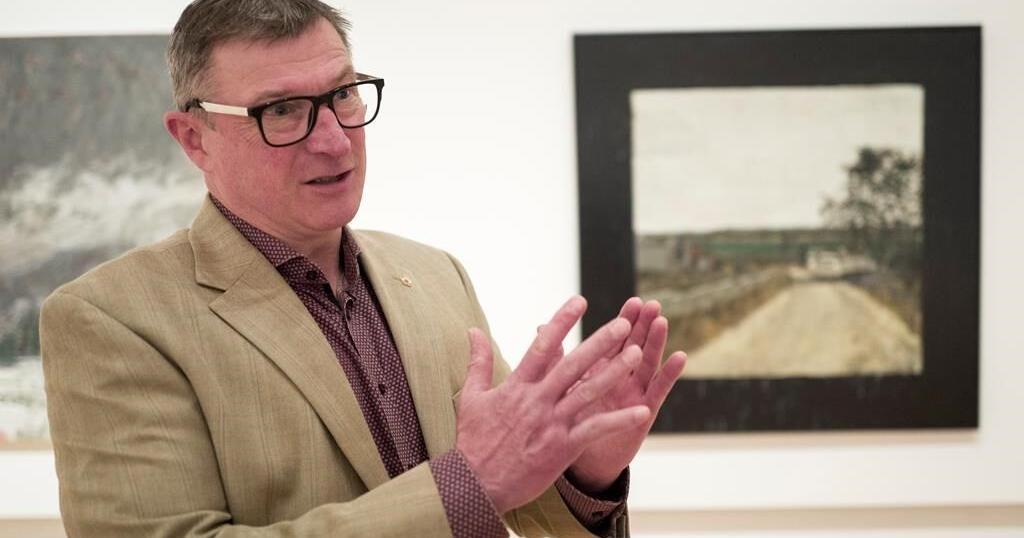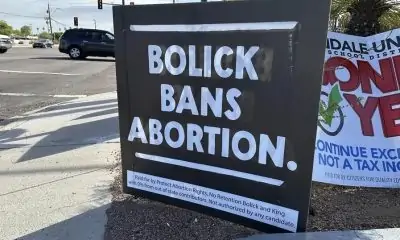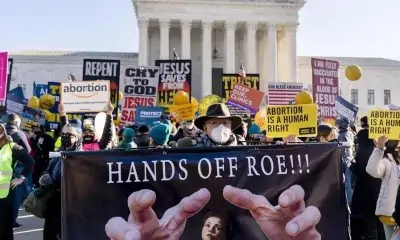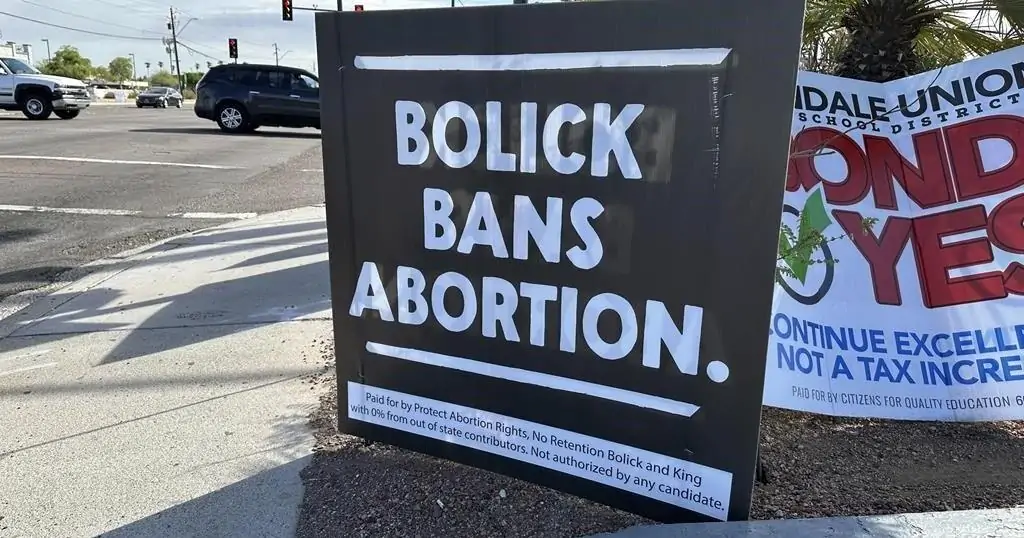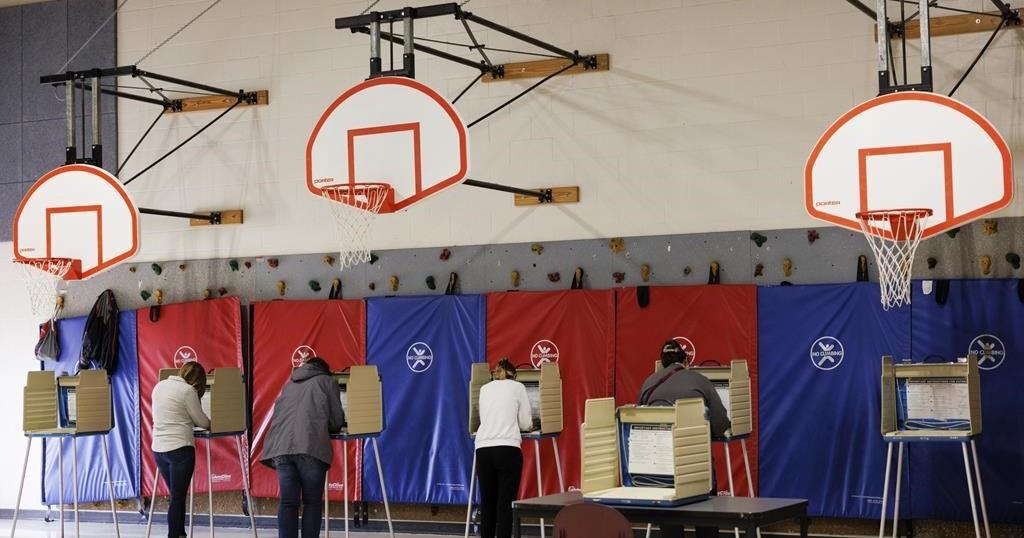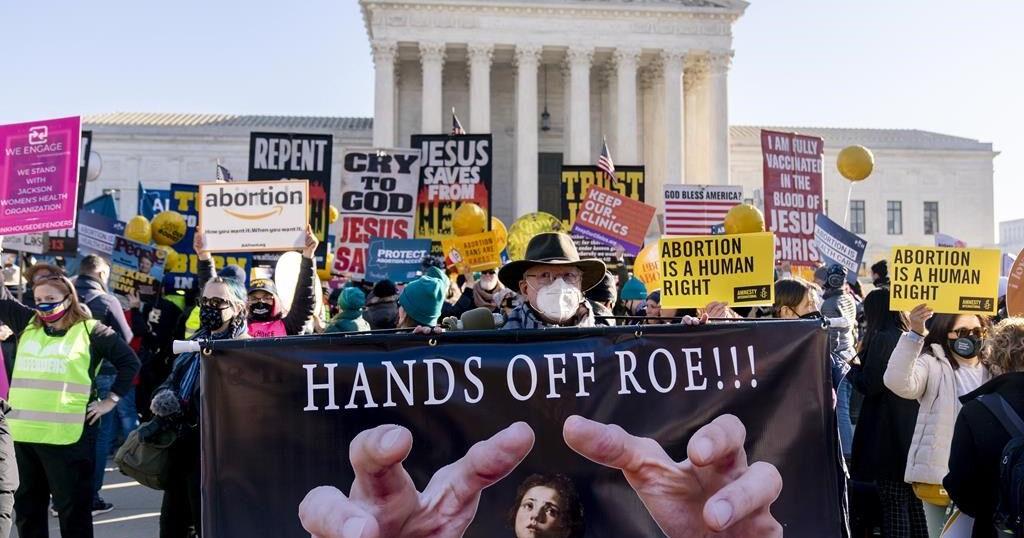WASHINGTON (AP) — Voters in Missouri cleared the way to undo one of the nation’s most restrictive abortion bans in one of seven victories for abortion rights advocates, while Florida, Nebraska and South Dakota defeated similar constitutional amendments, leaving bans in place.
Abortion rights amendments also passed in Arizona, Colorado, Maryland and Montana. Nevada voters also approved an amendment, but they’ll need to pass it again it 2026 for it to take effect. Another that bans discrimination on the basis of “pregnancy outcomes” prevailed in New York.
The results include firsts for the abortion landscape, which underwent a seismic shift in 2022 when the U.S. Supreme Court overturned Roe v. Wade, a ruling that ended a nationwide right to abortion and cleared the way for bans to take effect in most Republican-controlled states.
They also came in the same election that Republican Donald Trump won the presidency. Among his inconsistent positions on abortion has been an insistence that it’s an issue best left to the states. Still, the president can have a major impact on abortion policy through executive action.
In the meantime, Missouri is positioned to be the first state where a vote will undo a ban on abortion at all stages of pregnancy, with an amendment that would allow lawmakers to restrict abortions only past the point of a fetus’ viability — usually considered after 21 weeks, although there’s no exact defined time frame.
But the ban, and other restrictive laws, are not automatically repealed. Advocates now have to ask courts to overturn laws to square with the new amendment.
“Today, Missourians made history and sent a clear message: decisions around pregnancy, including abortion, birth control, and miscarriage care are personal and private and should be left up to patients and their families, not politicians,” Rachel Sweet, campaign manager of Missourians for Constitutional Freedom, said in a statement.
Roughly half of Missouri’s voters said abortion should be legal in all or most cases, according to AP VoteCast, a survey of more than 2,200 of the state’s voters. But only about 1 in 10 said abortion should be illegal in all cases; nearly 4 in 10 said abortion should be illegal in most cases.
Bans remain in place in three states after votes
Florida, Nebraska and South Dakota became the first states since Roe was overturned where abortion opponents prevailed on a ballot measure. Most voters supported the Florida measure, but it fell short of the required 60% to pass constitutional amendments in the state. Most states require a simple majority.
The result was a political win for Gov. Ron DeSantis, a Republican with a national profile, who had steered state GOP funds to the cause. His administration has weighed in, too, with a campaign against the measure, investigators questioning people who signed petitions to add it to the ballot and threats to TV stations that aired one commercial supporting it.
Marjorie Dannenfelser, president of the national anti-abortion group SBA Pro-Life America, said in a statement that the result is “a momentous victory for life in Florida and for our entire country,” praising DeSantis for leading the charge against the measure.
The defeat makes permanent a shift in the Southern abortion landscape that began when the state’s six-week ban took effect in May. That removed Florida as a destination for abortion for many women from nearby states with deeper bans and also led to far more women from the state traveling to obtain abortion. The nearest states with looser restrictions are North Carolina and Virginia — hundreds of miles away.
“The reality is because of Florida’s constitution a minority of Florida voters have decided Amendment 4 will not be adopted,” said Lauren Brenzel, campaign director for the Yes on 4 Campaign said while wiping away tears. “The reality is a majority of Floridians just voted to end Florida’s abortion ban.”
In South Dakota, another state with a ban on abortion throughout pregnancy with some exceptions, the defeat of an abortion measure was more decisive. It would have allowed some regulations related to the health of the woman after 12 weeks. Because of that wrinkle, most national abortion-rights groups did not support it.
Voters in Nebraska adopted a measure that allows more abortion restrictions and enshrines the state’s current 12-week ban and rejected a competing measure that would have ensured abortion rights.
Other states guaranteed abortion rights
Arizona’s amendment will mean replacing the current law that bans abortion after the first 15 weeks of pregnancy. The new measure ensures abortion access until viability. A ballot measure there gained momentum after a state Supreme Court ruling in April found that the state could enforce a strict abortion ban adopted in 1864. Some GOP lawmakers joined with Democrats to repeal the law before it could be enforced.
In Maryland, the abortion rights amendment is a legal change that won’t make an immediate difference to abortion access in a state that already allows it.
It’s a similar situation in Montana, where abortion is already legal until viability.
The Colorado measure exceeded the 55% of support required to pass. Besides enshrining access, it also undoes an earlier amendment that barred using state and local government funding for abortion, opening the possibility of state Medicaid and government employee insurance plans covering care.
A New York equal rights law that abortion rights group say will bolster abortion rights also passed. It doesn’t contain the word “abortion” but rather bans discrimination on the basis of “pregnancy outcomes, and reproductive healthcare and autonomy.” Sasha Ahuja, campaign director of New Yorkers for Equal Rights, called the result “a monumental victory for all New Yorkers” and a vote against opponents who she says used misleading parental rights and anti-trans messages to thwart the measure.
The results end a win streak for abortion-rights advocates
Until Tuesday, abortion rights advocates had prevailed on all seven measures that have appeared on statewide ballots since the fall of Roe.
The abortion rights campaigns have a big fundraising advantage this year. Their opponents’ efforts are focused on portraying the amendments as too extreme rather than abortion as immoral.
Currently, 13 states are enforcing bans at all stages of pregnancy, with some exceptions. Four more bar abortion in most cases after about six weeks of pregnancy — before women often realize they’re pregnant. Despite the bans, the number of monthly abortions in the U.S. has risen slightly, because of the growing use of abortion pills and organized efforts to help women travel for abortion. Still, advocates say the bans have reduced access, especially for lower-income and minority residents of the states with bans.
The issue is resonating with voters. About one-fourth said abortion policy was the single most important factor for their vote, according to AP VoteCast, a sweeping survey of more than 110,000 voters nationwide. Close to half said it was an important factor, but not the most important. Just over 1 in 10 said it was a minor factor.
The outcomes of ballot initiatives that sought to overturn strict abortion bans in Florida and Missouri were very important to a majority of voters in the states. More than half of Florida voters identified the result of the amendment as very important, while roughly 6 in 10 of Missouri’s voters said the same, the survey found.
___
Associated Press reporters Hannah Fingerhut and Amanda Seitz contributed to this article.
___
This article has been corrected to reflect in the ‘other states’ section that Montana, not Missouri, currently allows abortion until viability.

